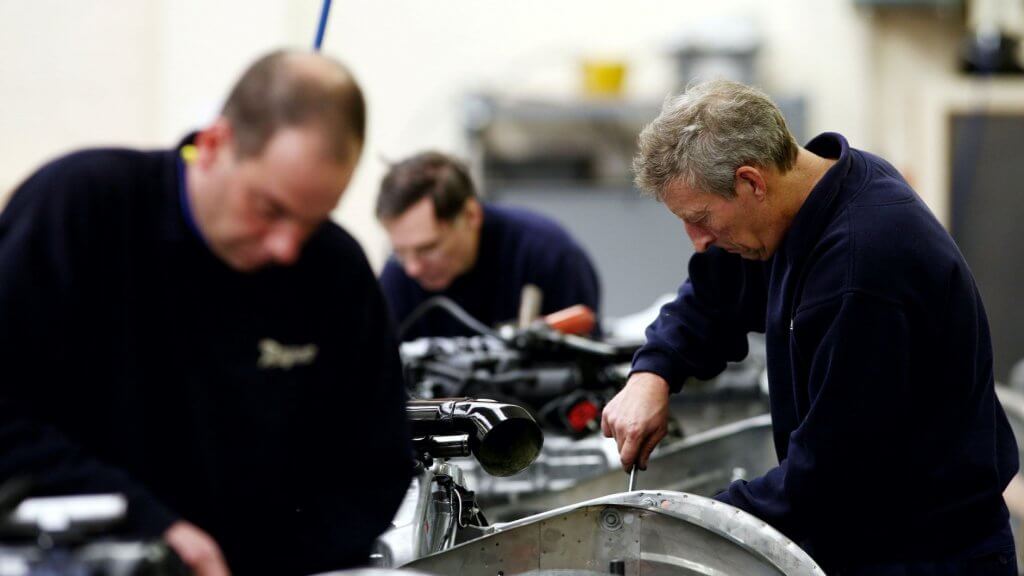
As a project manager, there’s no doubt you want to ensure the success of your product manufacturing process. From monitoring production processes and overseeing quality control to scheduling tasks and meeting deadlines, keeping on top of all the details is essential for optimal efficiency.
But what do you need to focus on to ensure the best outcome? There are various stages that must be optimised in order for a successful product launch, but narrowing down which things are most important can be challenging without the right information.
#1: Understand The Product Manufacturing Process
The product manufacturing process is a multi-step journey, touching all aspects of production from concept to completion. Understanding how your business performs each step of the process is paramount to creating quality products and attaining customer satisfaction.
From prototype building and testing to managing a sustainable supply chain and production facilities, there are numerous steps involved with the successful manufacture of products. Supplying products that meet safety standards and customer expectations will allow businesses to remain competitive in today’s market, making understanding the product manufacturing process essential for success.
#2: Quality Control
To ensure quality products, businesses should implement a rigorous review process that involves inspecting each stage of the manufacturing process, from CNC machining to packaging. In addition, harnessing technology such as digital imaging and computer vision can be a powerful tool for developing efficient and accurate quality control mechanisms.
Quality control teams should also strive to identify potential sources of defects before they reach their customers; involving both internal teams and external suppliers in cross-departmental collaboration initiatives can help identify areas where errors are likely to arise. Quality assurance protocols should be regularly monitored and adapted based on the business’s specific needs.
#3: Cost-Effectiveness
Cost-effectiveness is one of the most important considerations when it comes to product manufacturing. To save money and ensure that goods can be produced cost-effectively, businesses need to use technology, outsource labour, design processes carefully, invest in efficient machinery, and reduce ordering costs by preventing overstocking. But running an efficient production line doesn’t stop there. Companies also need to keep track of their inventory levels and the rate at which they produce goods in order to maximise profit margins.
Technology can help streamline these processes and make them easier to monitor and manage. In addition, investing in modern machinery which uses automated software will further reduce labour costs, enabling businesses to focus on ensuring that their goods are high quality and reliable. Cost-effectiveness is essential for any business looking to remain competitive in today’s market, and understanding the benefits thereof can help optimise processes.
#4: Safety And Sustainability
When manufacturing any product, businesses must prioritise safety and sustainability above all else. Safety measures must be taken to ensure workers are able to work in comfortable and safe conditions while meeting sustainability goals is important to reducing the company’s impact on the environment. Improving safety and sustainability practices requires monitoring suppliers and creating a plan of action that focuses on reducing energy consumption, consuming fewer resources, controlling waste amounts, strategising sourcing processes, and investing in renewable resources.
#5: Responsible Supply Chain Management
Responsible supply chain management is a key factor for businesses to consider when manufacturing products. The main objectives behind responsible supply chain management involve reducing the environmental impact of operations, developing fair working practices for all labourers, adhering to industry regulations and standards, upholding ethical sourcing practices, and ensuring organisational transparency.
Making changes that are good for the environment and people helps improve the company’s reputation and gives potential customers confidence that they are buying responsibly-manufactured products. As such, businesses ought to prioritise responsible supply chain management if they wish to reap the benefits that come with having a reliable supply chain and streamlining their production process.
#6: Resource Management
Businesses need to ensure that enough resources are available and that those resources are allocated correctly to prevent overproduction, underproduction, or wastage. By establishing a resource allocation plan, businesses can better manage their stock levels and production processes while also reducing costs associated with excess inventory or outsourcing. In addition, with effective resource management, companies can ensure that their goods are of high quality while also cutting costs and maximising profits.
Building and sustaining a successful product manufacturing business involves a long list of necessary steps, from understanding the product manufacturing process to ensuring effective resource management. Without these key points in place, businesses may struggle to find themselves competitive within their field. However, with all of these factors considered, businesses can be sure they’ll have the best possible environment to manufacture quality products.